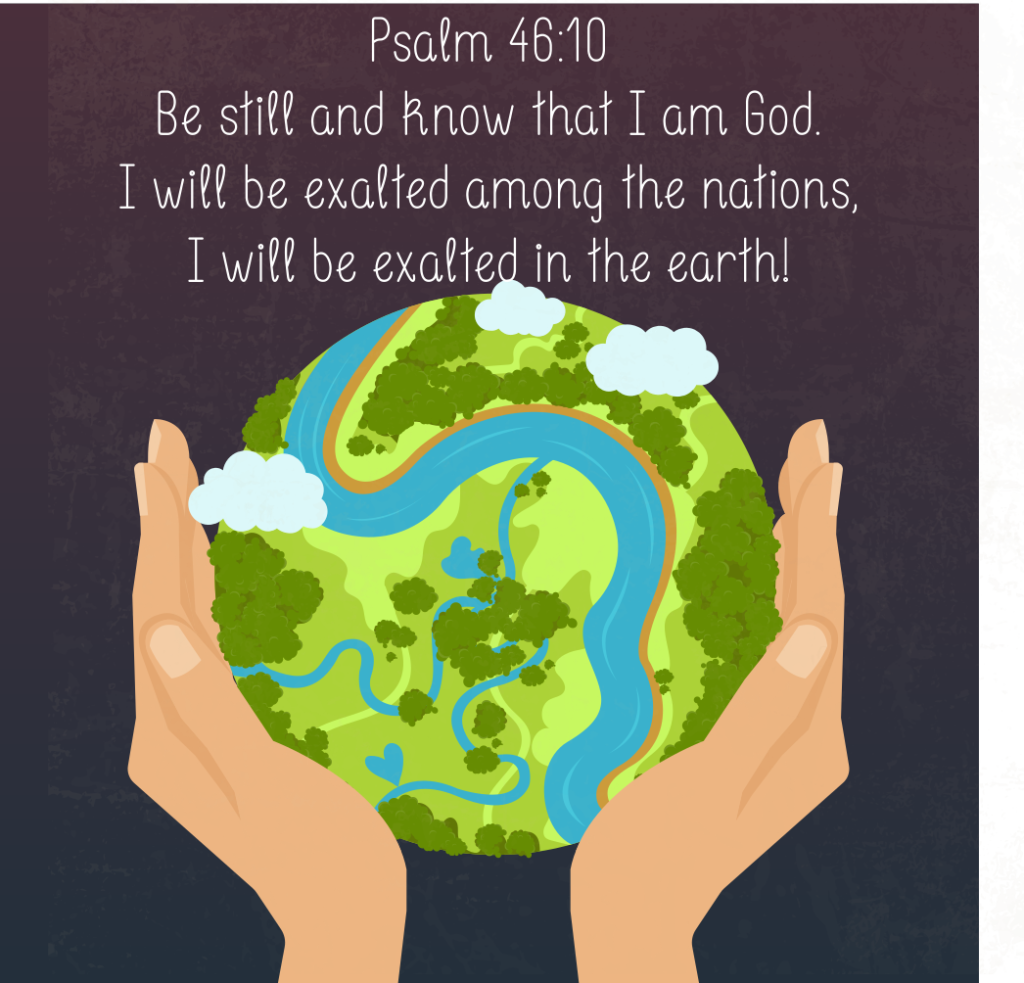 Regret looks back. Fear looks around. Worry looks in. Faith looks up.
Regret looks back. Fear looks around. Worry looks in. Faith looks up.
These were apt words from Nicky Gumbel on the “Bible in One Year’ app on the day the US presidential election was announced. Wherever you stand politically it has been a tumultuous year politically both here and across the pond.
The 27th anniversary of the fall of the Berlin Wall also occurred last week. I remember the night it happened well. Interestingly it was all triggered from a prayer meeting in East Berlin (http://www.bbc.co.uk/religion/0/24661333) . The turn of that decade was a time of hope and destiny politically. A pop song of the time expressed it well “Right here, right now, there is no other place I’d rather be. Right here, right now watching the world wake up from history.” To me, the political upheaval of 1989 seems far more positive in tone and nature than what we are currently experiencing in 2016.
So those words of Nicky Gumbel are key to know how to think and speak about what is going with Trump and Brexit. Don’t let regret, fear or worry take your eyes from looking up. The Psalmist wrote “Why do the nations rage and the people plot in vain? The kings of the earth set themselves, and the rulers take counsel together, against the Lord and his anointed… He who sits in heaven laughs, the Lord holds them in derision.”
Another Psalm (46) reminds us of three truths that will help to keep us looking up.
Firstly, God is our refuge and strength, a very present help in trouble. Therefore we will not fear though the earth gives way. In that Psalm every mention of disaster, political or natural, is accompanied by a declaration that nevertheless God is still large and in charge.
Secondly, the Psalmist talks of “a river whose streams make the glad the city of God, the holy of habitation of the Most High” – that speaks of the church, whose mission of redemption and reconciliation of people to God and to each other will make people “glad.” The good news of Jesus Christ sorts out racism, hate, bigotry, despair and the politics of fear.
The third is the exhortation to “Be still and know that I am God. I will be exalted among the nations, I will be exalted in the earth.” Despite rumours to the contrary, God is sovereign and in control. His purpose is to have a people for himself who know Him, love Him and experience forgiveness, healing and freedom. As that happens more and more, He will be exalted among the nations and the whole earth. Regret looks back. Fear looks around. Worry looks in. Faith looks up. Put your trust in the Lord!
Andy Moyle
The Gateway Church
 Last year, I decided to sand and re-varnish the floorboards in our living room, hallway and dining room. This major refurbishment task was well overdue – delayed repeatedly due to the demands of parenthood and a pathological fear of a DIY disaster.
Last year, I decided to sand and re-varnish the floorboards in our living room, hallway and dining room. This major refurbishment task was well overdue – delayed repeatedly due to the demands of parenthood and a pathological fear of a DIY disaster. 